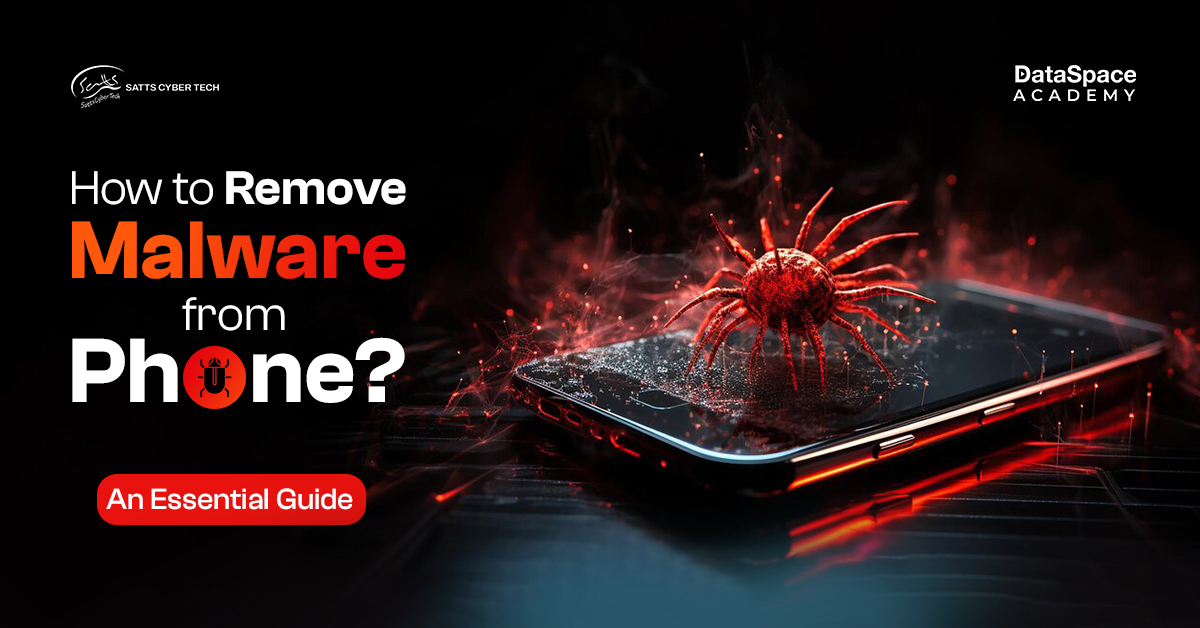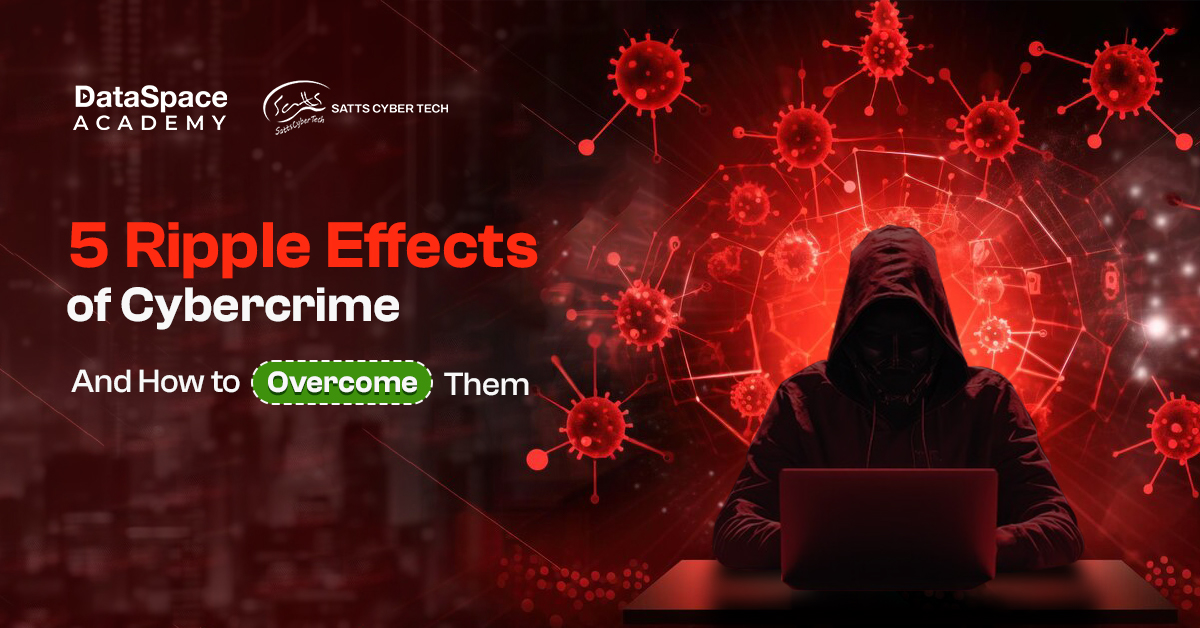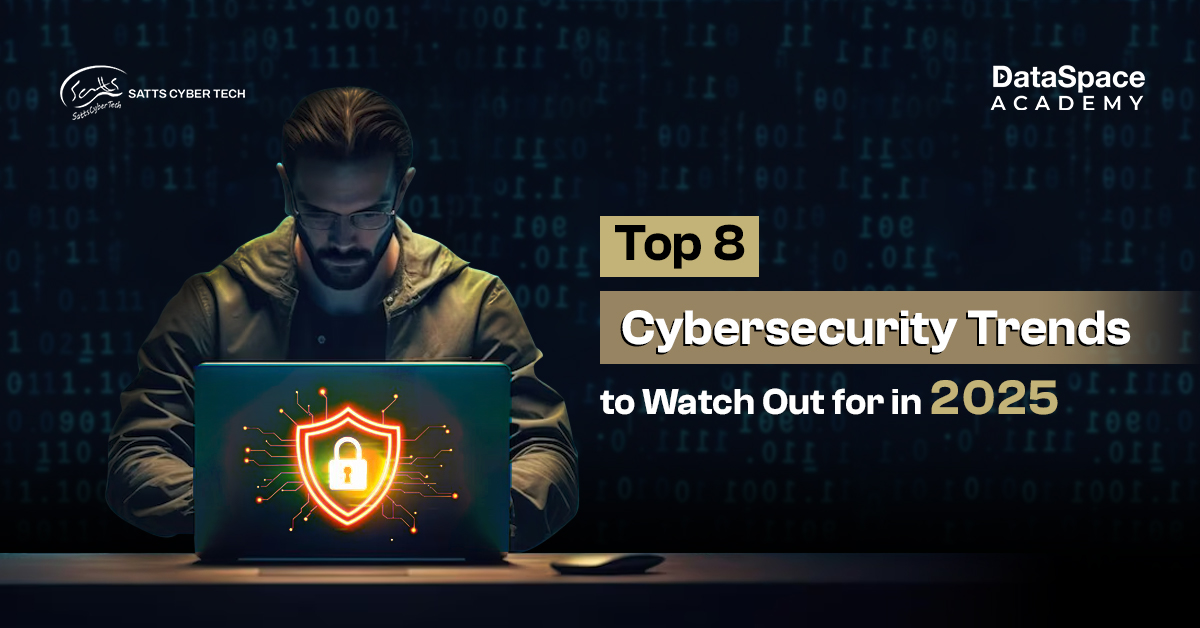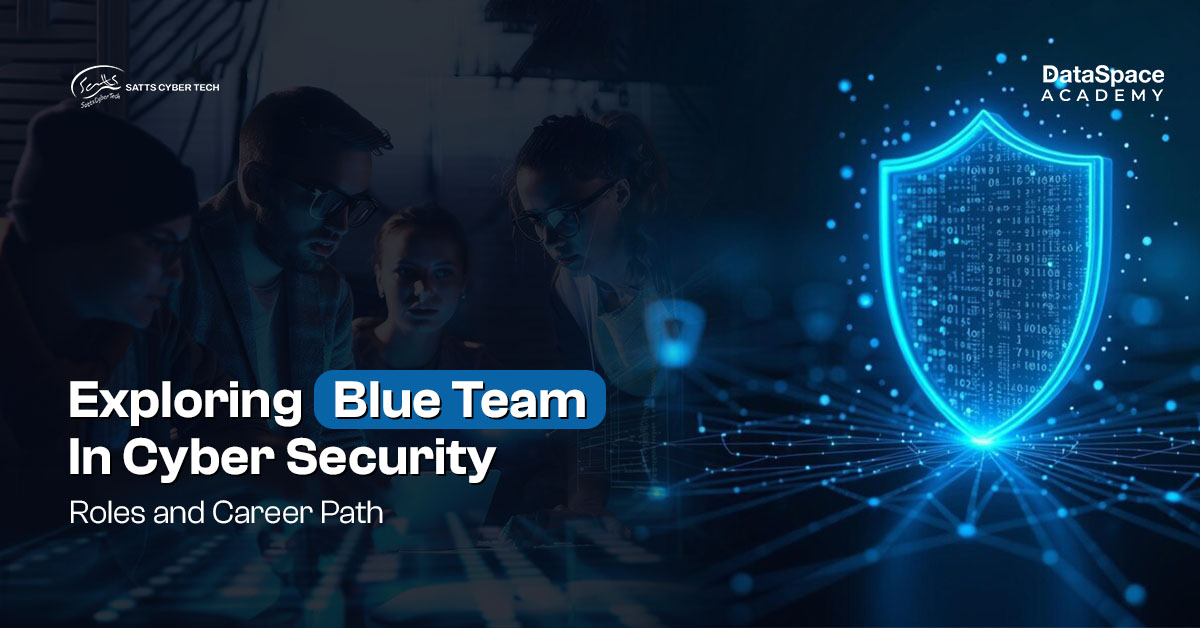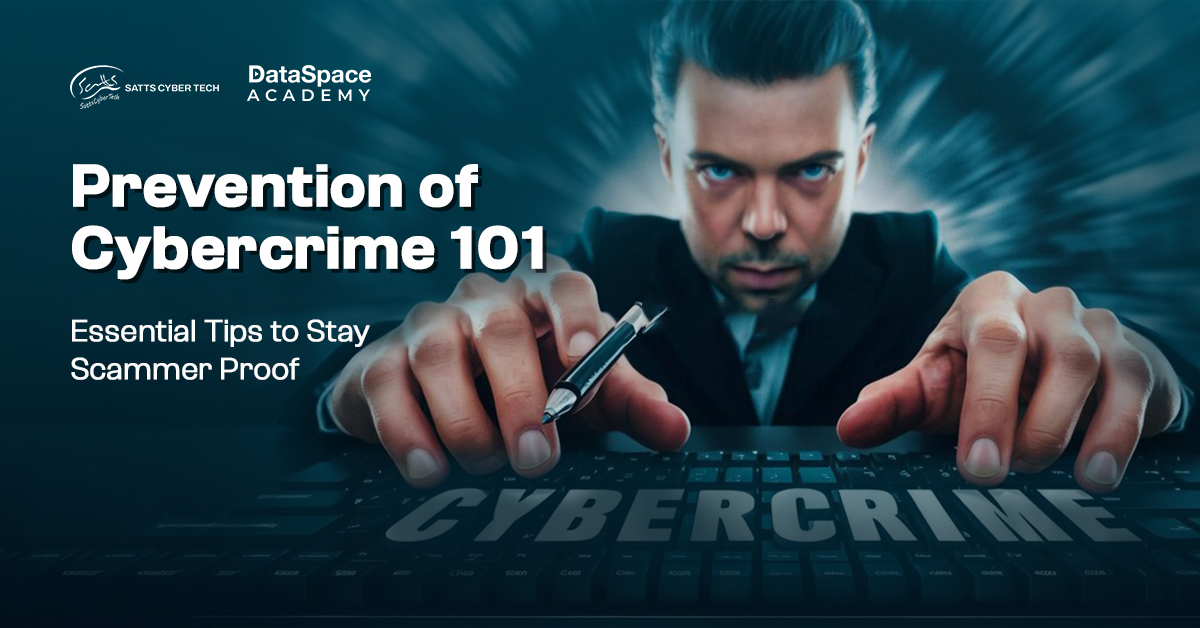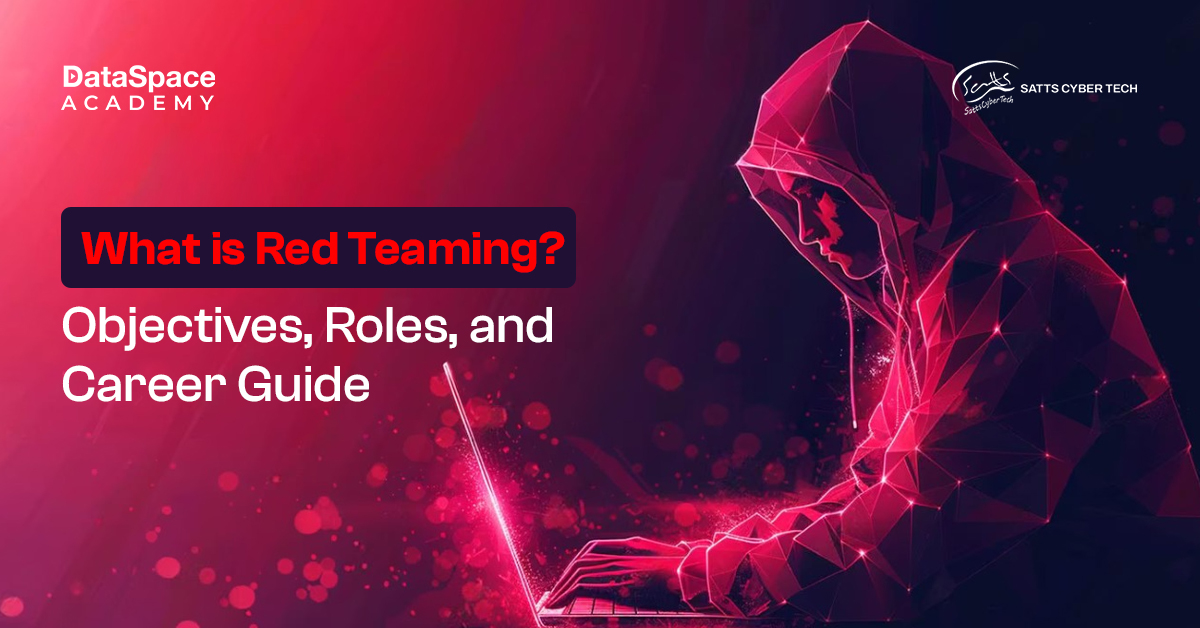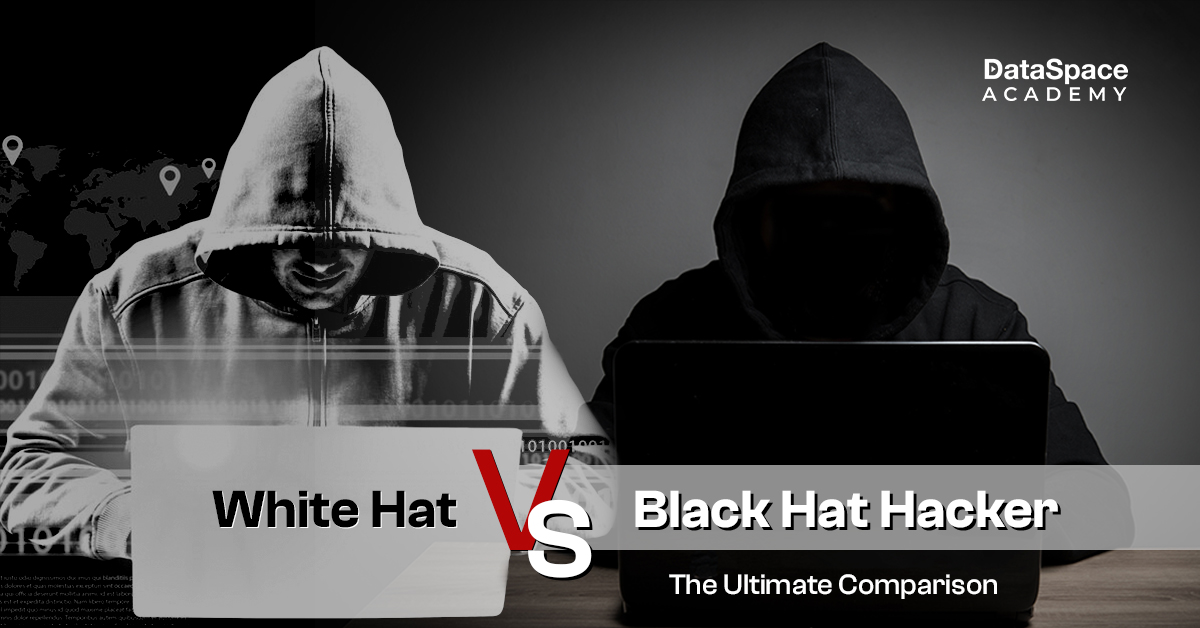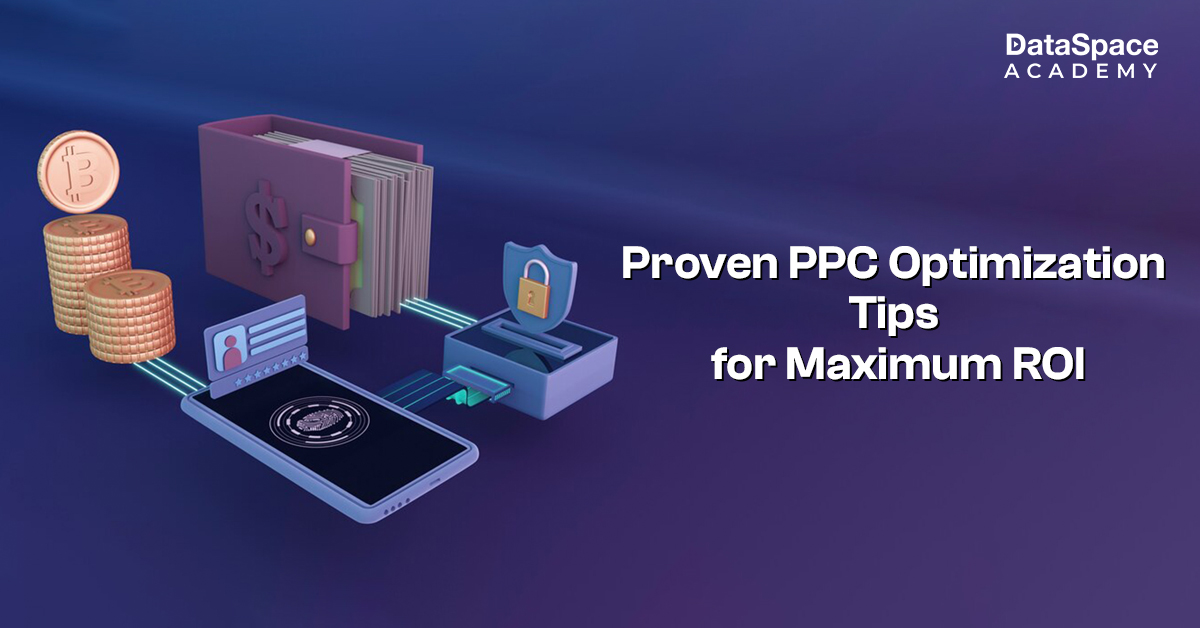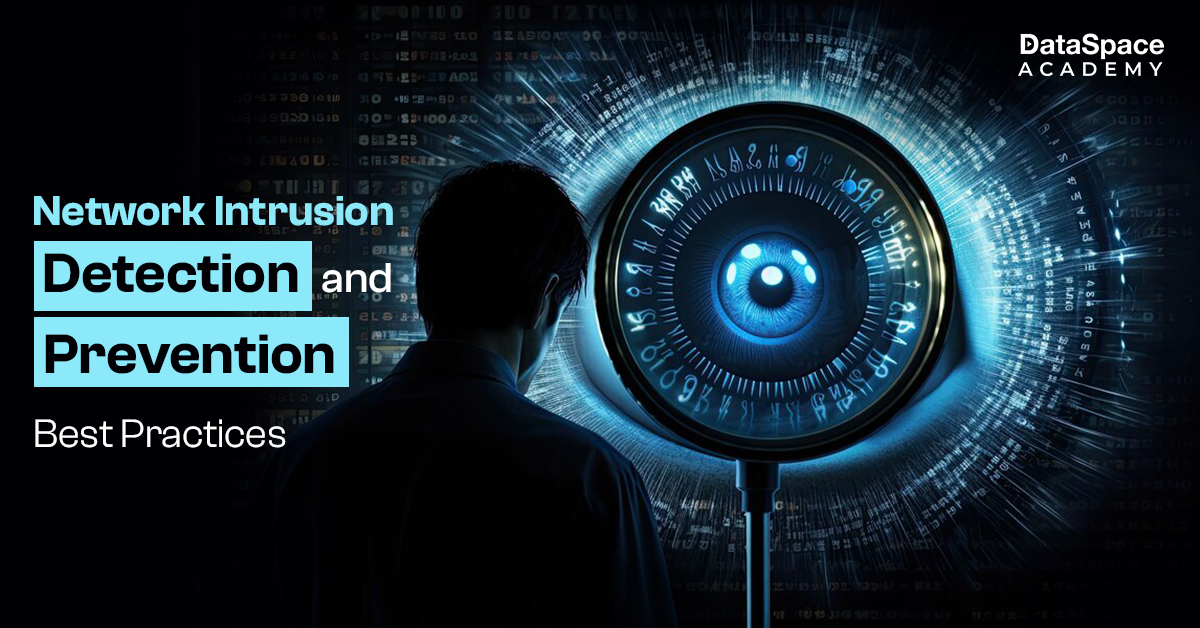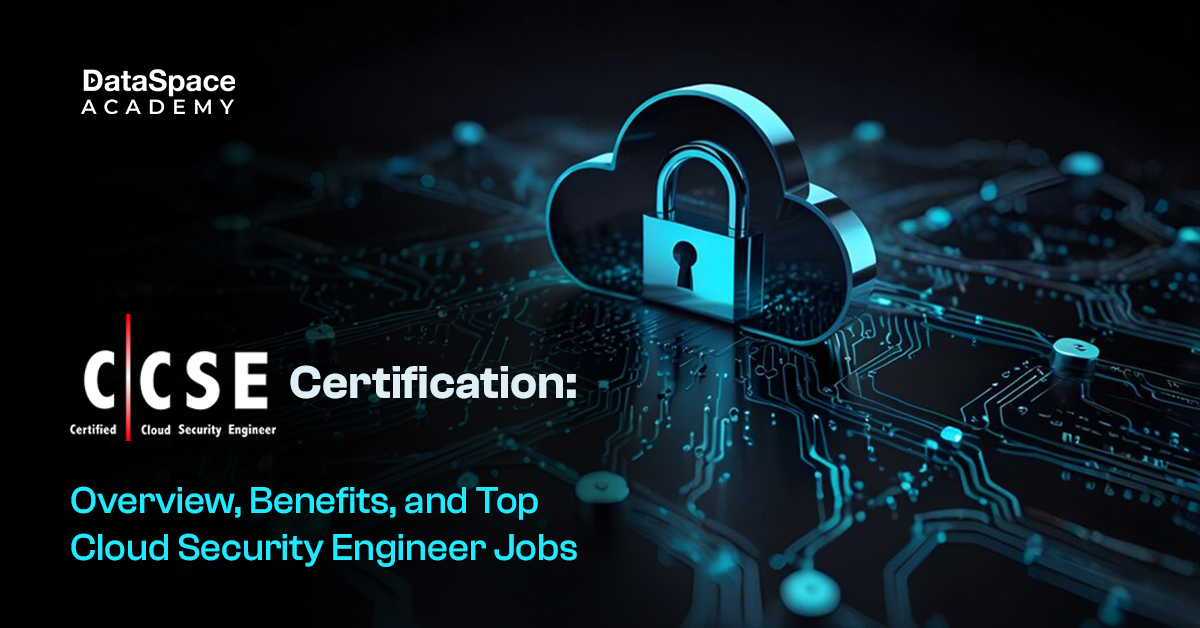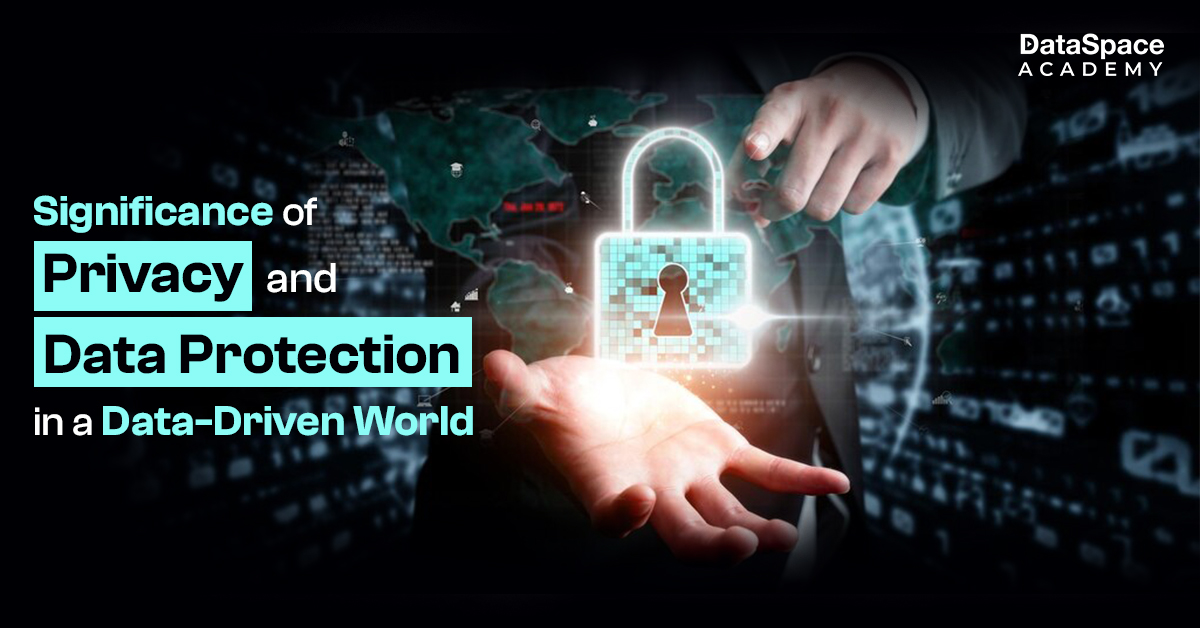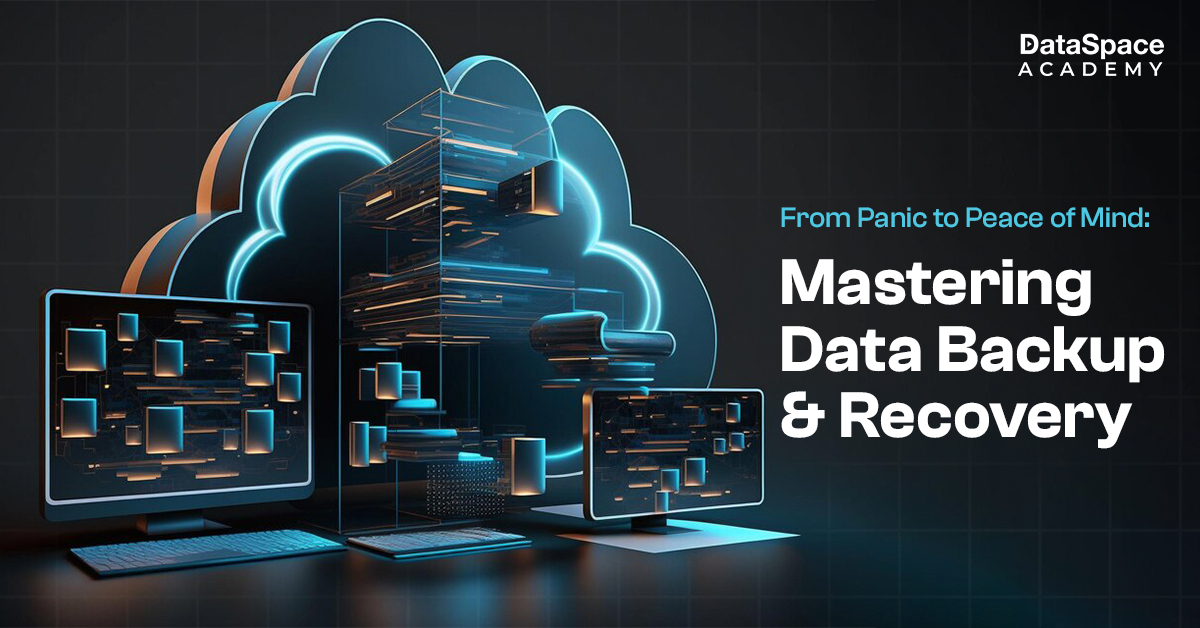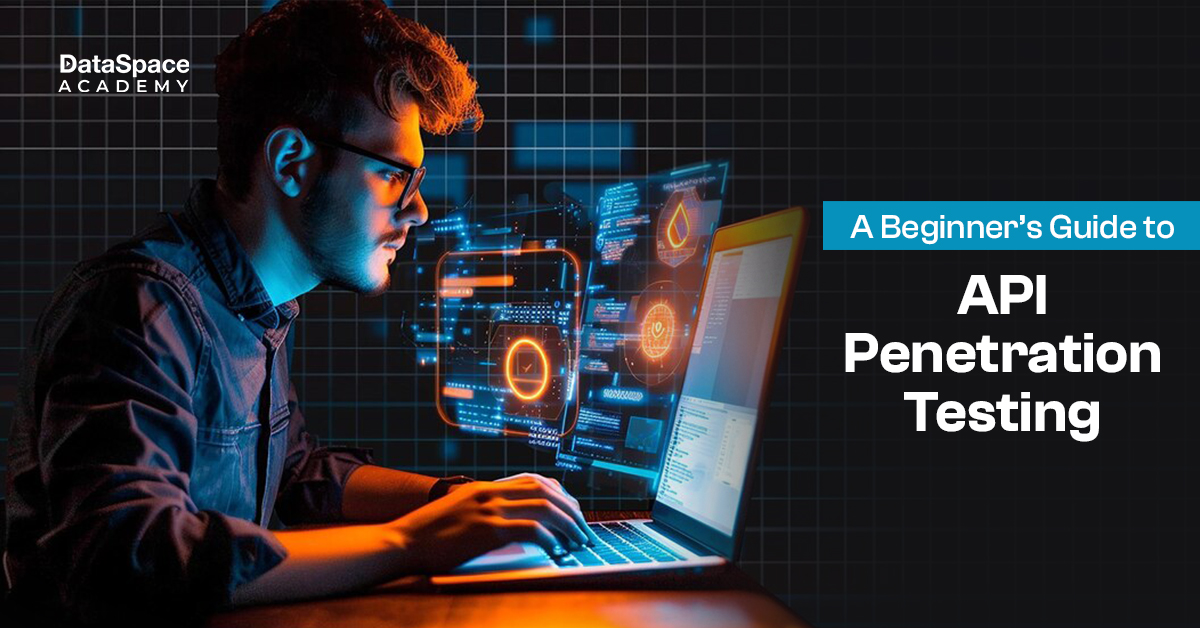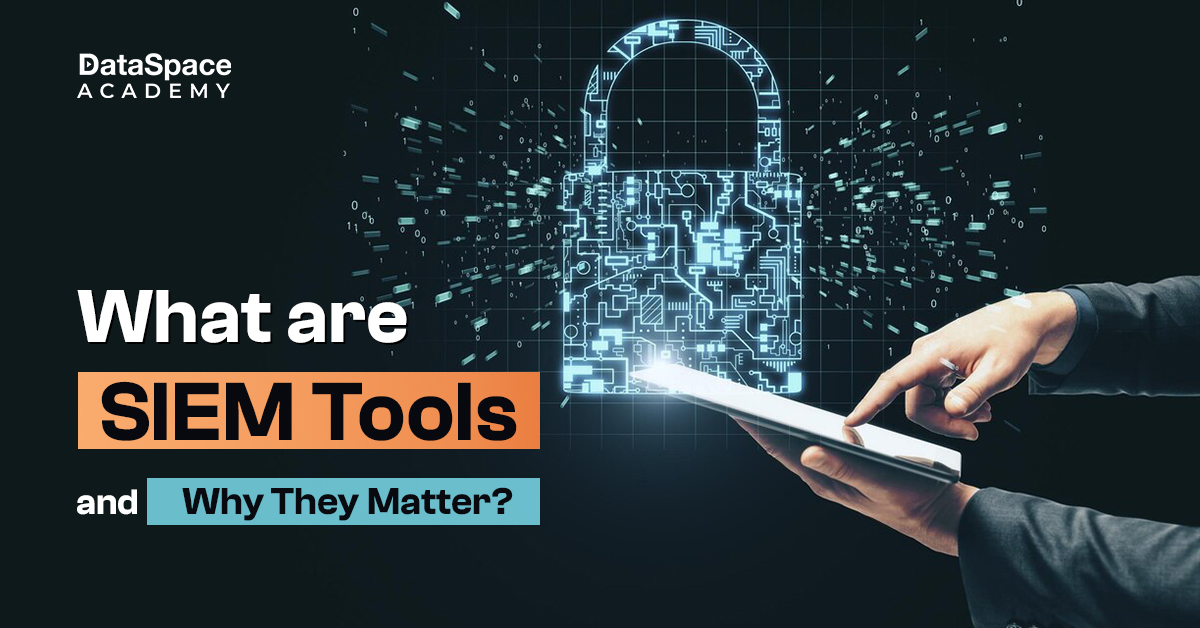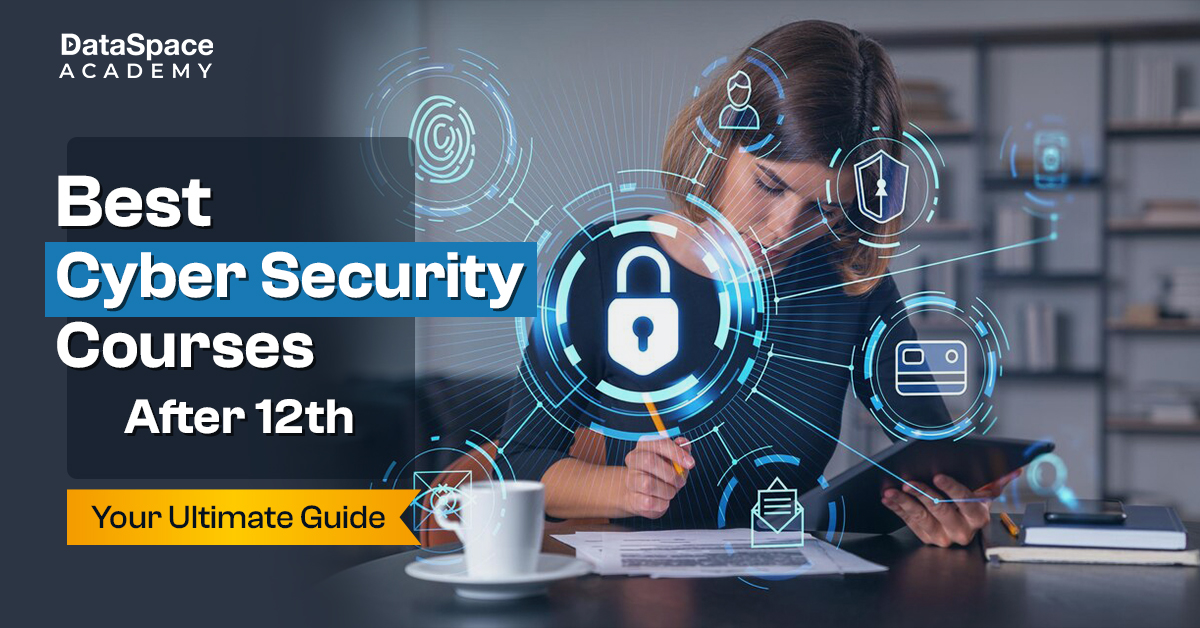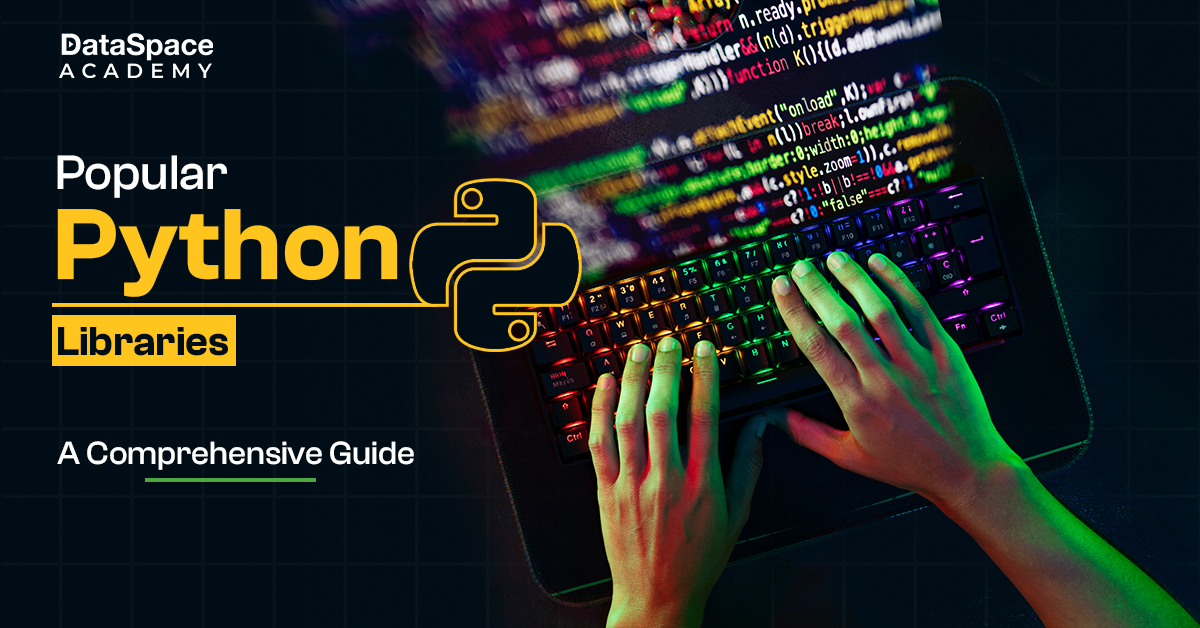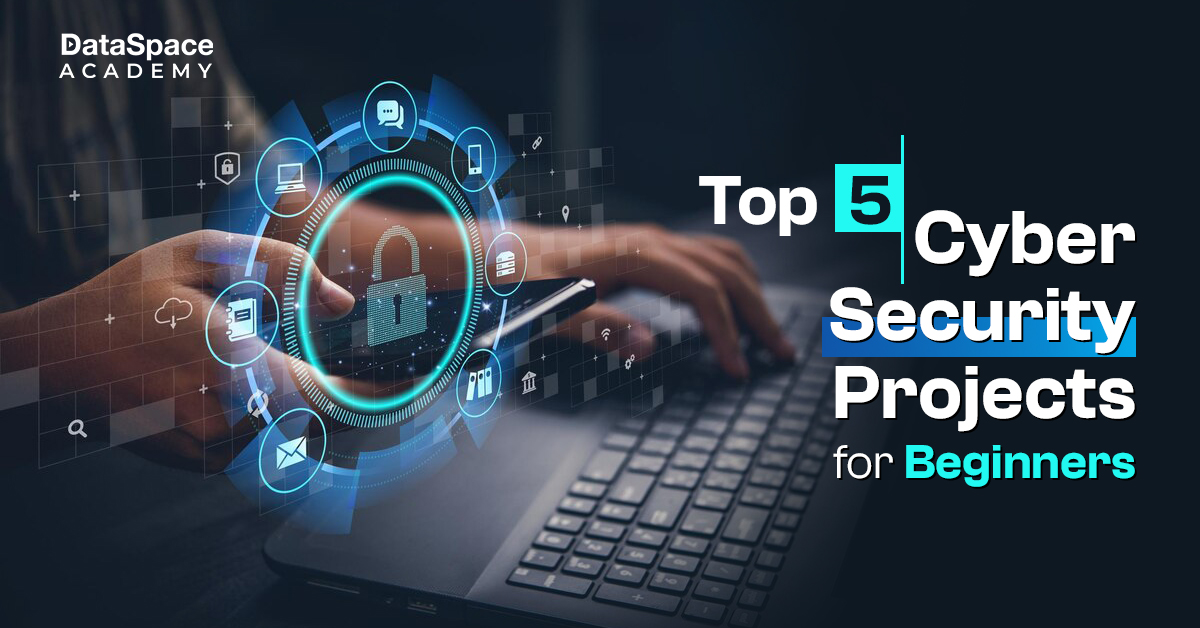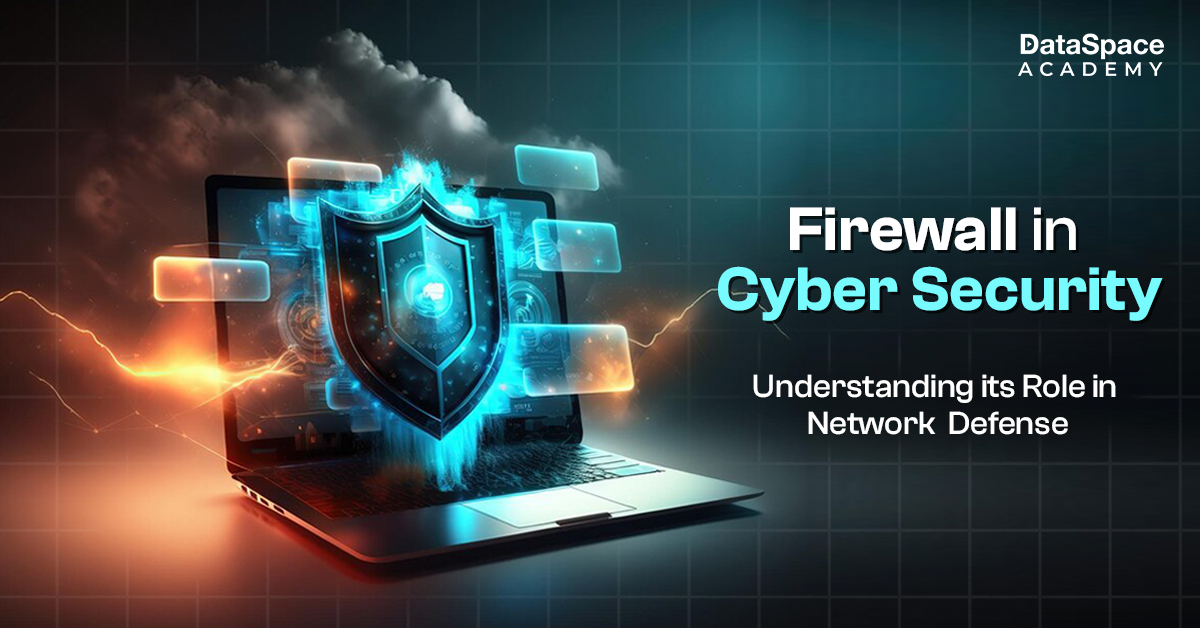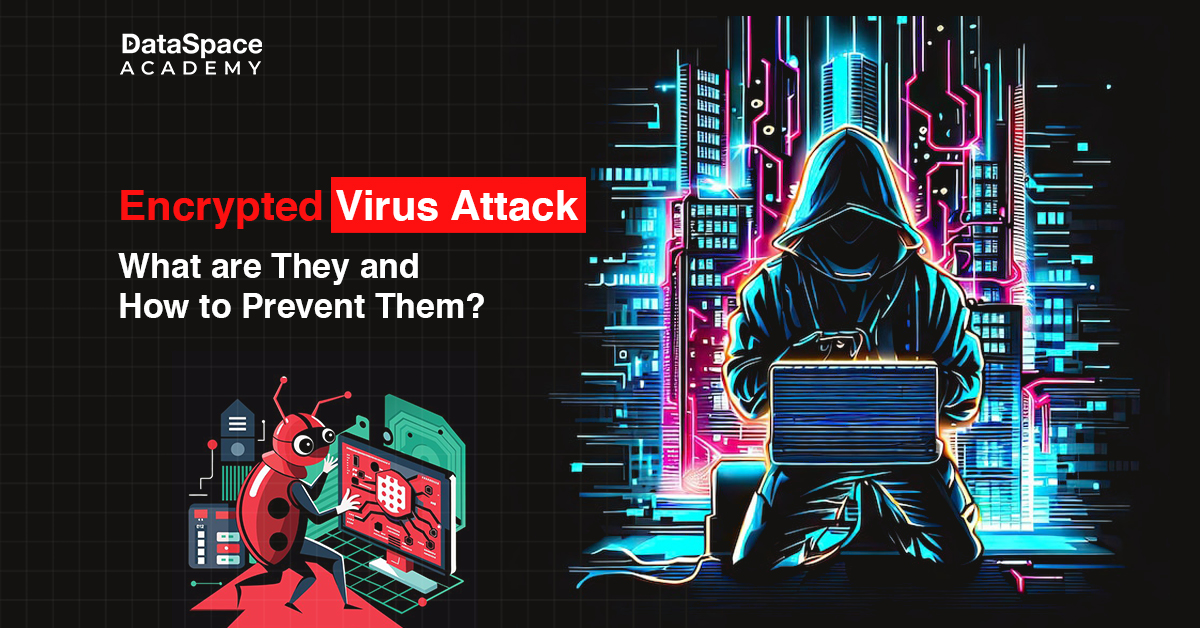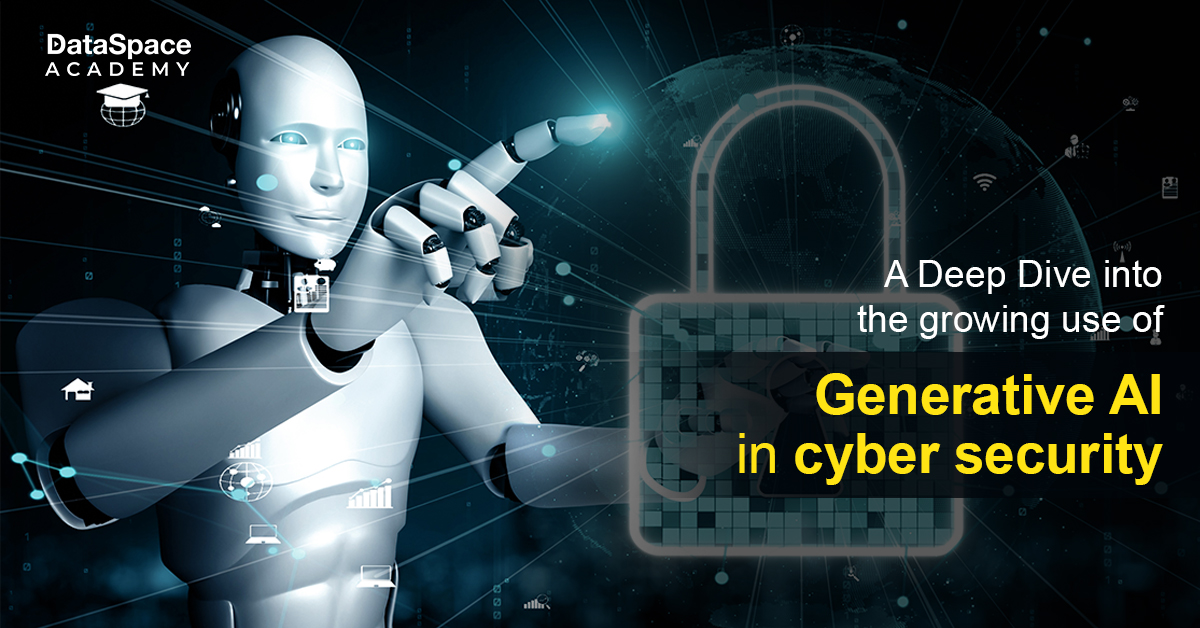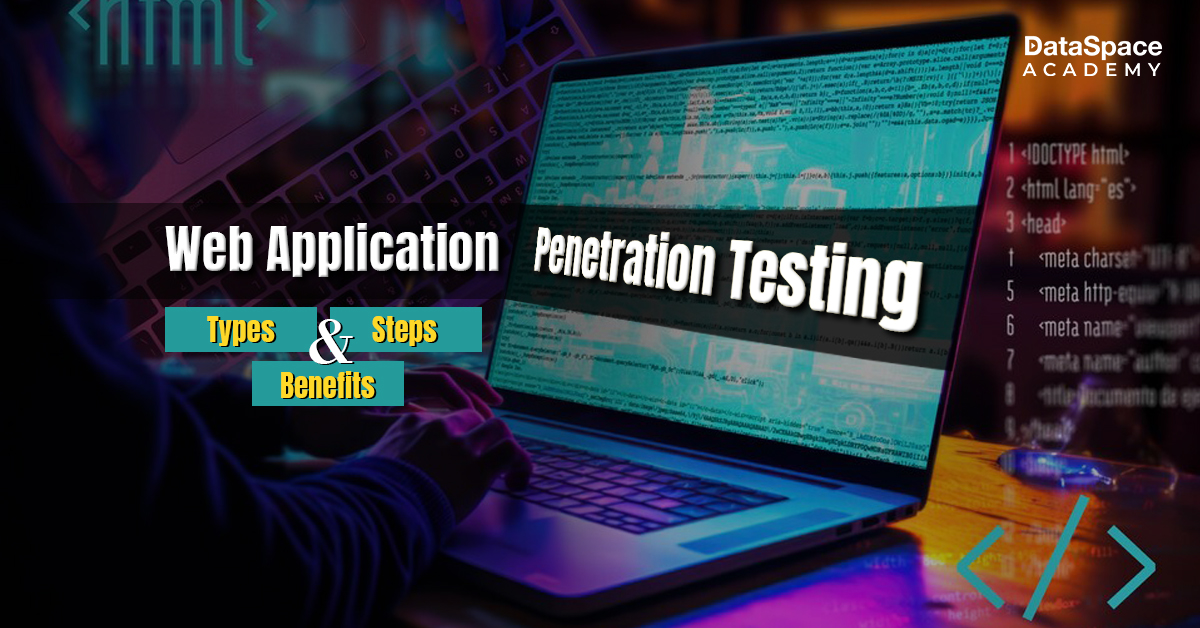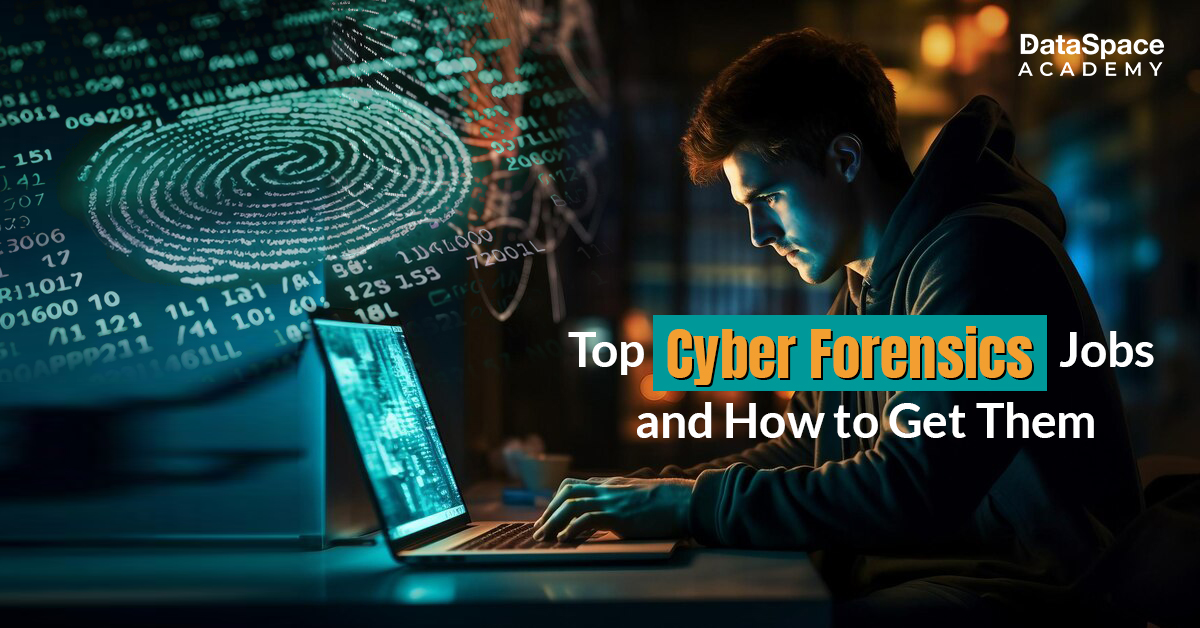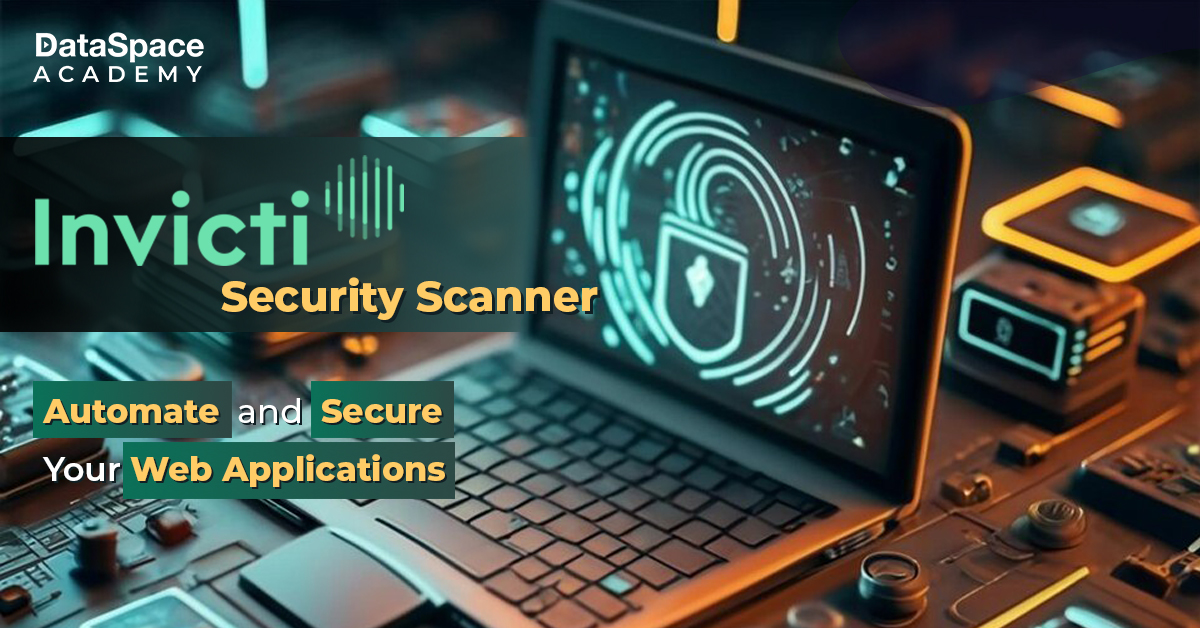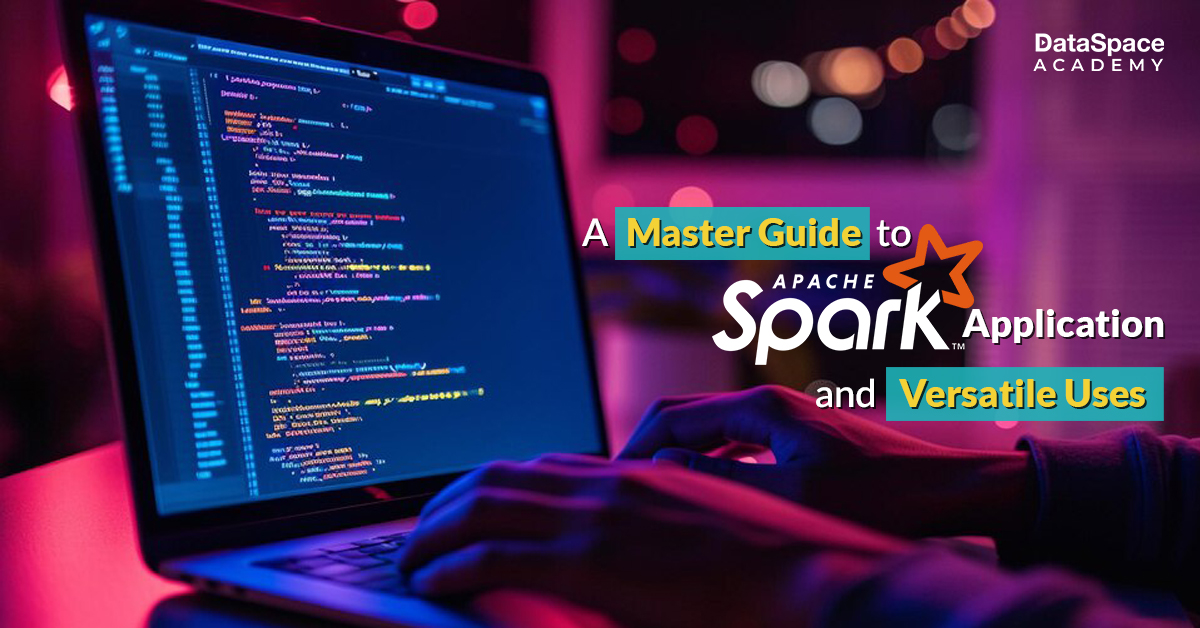Empowering Women in Cybersecurity: Breaking Stereotypes and Building Careers
Last Updated : 11 Jul, 2022
 90.75K
90.75K

Female cyber security experts hold 25% of the total workforce (source: Cybersecurity Ventures).
With time, cybersecurity has grown essential across all industries. And women joining this industry are breaking the barriers with their fresh perspectives, creativity, and resilience. Top companies including IBM, Google, and Facebook are all hiring women to fill cybersecurity positions.
Studies show that women are more intuitive and empathetic than men, making them more suitable to understand and address the “human” element of cyberattacks. The cybersecurity industry is a great place for women to make a difference and have a positive impact on the world.
Female Cyber Security Experts Breaking Stereotypes
The demand for cybersecurity professionals has surpassed the supply. By 2025, the world will need more than 3 lakh skilled cybersecurity professionals (source: Cybersecurity Ventures). Incidentally, this will push employment opportunities further. And female cyber security experts are taking the forefront in securing employment in this sector.
Women in cybersecurity are shattering stereotypes. And contrary to myths, they are excelling in this field quite well. Women are trailblazing in crucial roles from threat analysts to ethical hackers, proving gender isn’t a barrier to success. They are natural problem-solvers and have a keen eye for detail, which are both essential skills in cybersecurity.
Good part is, more and more women are being promoted to leadership positions in the cybersecurity industry. For example, Jadee Hanson is the CISO and CIO of Code 42, a leading cybersecurity company. She is one of the top women in cybersecurity who holds this position in a major cybersecurity company. Also, women in large numbers are now talking about cybersecurity issues and raising awareness.
Why Women Should Choose Cybersecurity As a Career?
-
High Demand:
The cybersecurity field is in high demand, offering numerous job opportunities.
-
Lucrative Careers:
It provides financially rewarding career paths.
-
Good Job Prospects:
Job prospects are favourable due to the ever-evolving digital landscape.
-
Competitive Salaries:
Cybersecurity professionals often enjoy competitive salaries. The average salary of mid-level penetration testers in India is around 18.0 LPA.
-
Flexible Work Arrangements:
Many roles offer flexible work arrangements, promoting work-life balance.
-
Make a Difference:
It offers the chance to protect organisations and individuals from cyber threats.
-
Cutting-Edge Technology:
You get to work with the latest technology, staying at the forefront of innovation.
Skills To Succeed In Cybersecurity
To succeed in cybersecurity, you will need:
-
Technical Proficiency:
Success in cybersecurity requires a strong grasp of technical concepts, including networking, programming, and system administration.
-
Analytical and Problem-Solving Skills:
The ability to analyse complex systems, identify vulnerabilities, and solve security issues is crucial in this field.
-
Communication and Collaboration Skills:
Cybersecurity professionals need to effectively communicate their findings and collaborate with colleagues. Strong teamwork is often essential for addressing threats.
-
Ethical Hacking and Defensive Strategies:
A thorough understanding of both offensive (ethical hacking) and defensive strategies is vital. Ethical hacking helps identify weaknesses, while defensive strategies protect against cyber threats, creating a well-rounded skill set for success in cybersecurity.
How To Learn Cybersecurity?
Here is a step-by-step guide for women trying to build a career in cyber security:
-
Start With the Basics:
Begin your cybersecurity journey by building a strong foundation in computer science, networking, and operating systems.
-
Take a Course:
Enroll in cybersecurity courses or programs, either online or offline, to gain structured knowledge and hands-on experience. There are several beginner-friendly cybersecurity courses by DataSpace Academy such as Cybersecurity Essentials Program that can help in starting your cybersecurity journey.
-
Take Part in Hackathons and Contribute To Forums:
Participate in cybersecurity competitions and hackathons to sharpen your skills.
-
Find a Specialty:
Once you have gained foundational skills, it’s time to identify your specific area of interest within cybersecurity. You can go for advanced ethical hacking courses, incident response, or penetration testing, and focus on mastering it.
-
Get a Certification:
Consider obtaining industry-recognised certifications like CompTIA Security+, or Certified Ethical Hacker v12 (CEH) to validate your skills and enhance your job prospects in the field.
Challenges Faced By Female Cyber Security Experts
Female cyber security experts in India encounter significant challenges in their careers. Gender bias and stereotypes persist, often undermining their credibility and opportunities. Building confidence in a male-dominated field can be daunting, as women may feel the need to constantly prove their abilities. Overcoming these obstacles demands resilience and support from mentors and peers.
Despite these challenges, many remarkable women are breaking the glass ceiling and contributing immensely to the cybersecurity industry, inspiring future generations to follow in their footsteps. The journey may be tough, but it’s essential to recognize and address these issues to create a more inclusive and diverse cybersecurity community where talent, not gender, defines success.
Conclusion
The cybersecurity industry is growing rapidly, and there is a high demand for qualified professionals.
Cyberattacks are becoming more sophisticated, and businesses and organisations need to hire the best talent to protect themselves. And they are actively hiring female cyber security experts for roles like cybersecurity analysts, penetration testers, or CISOs. While cybersecurity initially had been a male-dominated domain, yet modern women are also making their way into the cybersecurity sector in growing numbers. This is certainly a welcome change and would only add more value to the cybersecurity world in general.
 90.75K
90.75K
